When Melania Trump arrives in Britain for her husband’s second state visit next month, it will not just be the photographic pack straining every lens for clues as to her opaque mood or signs of froideur in their marriage. It will also be British officials.
Six months into his second term as US president, a period in which Donald Trump has pirouetted on just about every big international issue, mandarins in Whitehall have realised they need to focus less time on trying to tame him, and more on looking at his wife.
Trump’s recent golfing visit to the UK underlined the feeling that the first lady is the single biggest influence on her husband – and intend to adapt accordingly. They believe Melania was behind Trump’s recent volte-face declaring Palestinians in Gaza were starving; and the president acknowledged it was his wife who had said Vladimir Putin may not have been sincere about wanting a peace deal in Ukraine.
It is not just what the president says about the first lady in public, but the deferential reference to her views in private, according to sources who have spoken to the Guardian. One said: “Starmer has earned Trump’s respect and will tell him in the right way if he disagrees. But she is the one that matters.”
For Whitehall officials to reach such a conclusion about Melania’s influence requires quite a reassessment. The first lady has made a virtue of refusing to divulge the secrets of her political partnership. The more he talks, the less she tends to say.
Her banality-packed, bestselling memoir, Melania, revealed, according to one critic, “an extremely superficial, politically disengaged human being, the last kind of person who you would think of as a political wife”.

Moreover, the first lady often vanishes from view, mainly to New York to be closer to her son. The disclosure in late May that she may have spent less than a fortnight in the White House since her husband’s second inauguration did not reveal a woman desperate to be “in the room where it happens”.
There has been no repetition of her solo visit to Africa in 2018, a visit preceded by a reception on the sidelines of the UN general assembly in which she spoke of her pride in the work of the USAID programme tackling disease and hunger among children.
USAID has now been dismantled.
Earlier this year, Melania gave a glimpse of the role she now plays. In an interview with the chatshow Fox & Friends, she spoke about her life and the hardships she had endured when she first came to the US. And then she spoke of her life now.
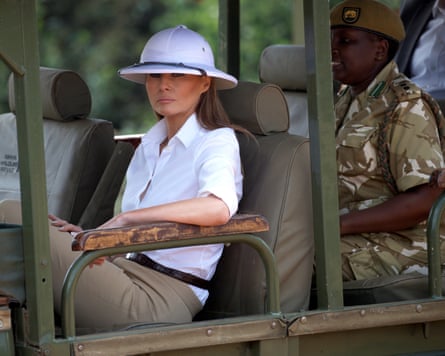
“Maybe some people, they see me as just a wife of the president, but I’m standing on my own two feet, independent. I have my own thoughts. I have my own ‘yes’ and ‘no’. I don’t always agree [with] what my husband is saying or doing, and that’s OK.”
She continued: “I give him my advice, and sometimes he listens, sometimes he doesn’t, and that’s OK.”
She clearly clashed with him over Covid and, according to her memoir, over abortion – the first lady has defended abortion rights. The bulk of her formal work has been linked to helping orphans or children at risk of online exploitation. But it has had little cut-through.
In February 2025, a US poll listed Melania as the 10th emost influential person in the Trump administration behind even Stephen Miller, the White House deputy chief of staff, and the US attorney general, Pam Bondi.
At the time of the poll, the now jettisoned Elon Musk was seen as the figure the president most heeded. Since that fallout, Trump says he trusts no one. All of which has made the work of diplomats, who spend their lives trying to work out who in the president’s inner circle they need to cultivate, all the harder.
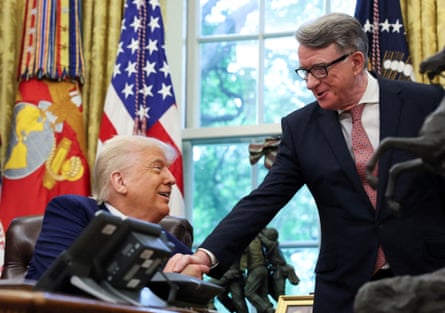
The British ambassador Lord Mandelson, who has to track Trump’s unpredictable and last-minute decision-making, has said: “I’ve never been in a town or a political system that is so dominated by one individual. Usually, you’re entering an ecosystem rather than the world of one personality.”
A European diplomat added: “Working out who and what influences him, and the relative value of flattery or firmness, has become every diplomat’s preoccupation.”
And yet the answer to reading the president, British officials have come to conclude, was under their nose. Trump himself has encouraged this thinking.
They note he once described his wife as his best pollster, and in his second term he has been increasingly open that his wife affects his thinking – possibly a helpful admission for a leader trailing in the polls especially among independent women alienated by Trump’s machismo deal-making and coarseness.
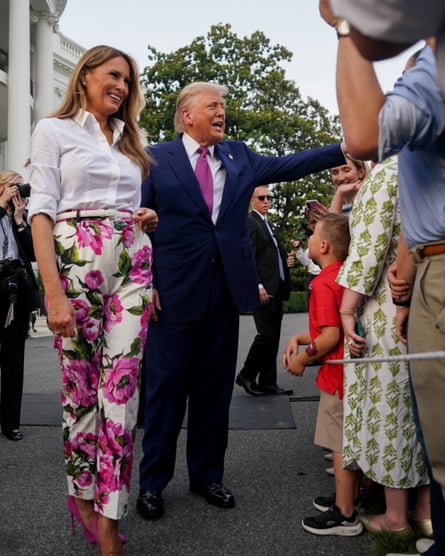
By projecting Melania, the president gets a chance to appeal to different voters. The first lady also provides him with an excuse, if needed, to change course, as may have happened when in 2018 eMelania publicly criticised as “heartbreaking and unacceptable” the administration policy of migrant children being separated from their parents.
She claimed she had been “blindsided”, a phrase that revealed an assumption she would be consulted.
Children were also in her thinking on Gaza, according to Trump. He explained: “Melania thinks it is terrible. She sees the same pictures that you see and we all see. Everybody, unless they are pretty cold-hearted or worse than that, nuts, [thinks] there’s nothing you can say other than it’s terrible when you see the kids.” In thinking this, the first lady was not alone: 72% of female voters, according to a YouGov/Economist poll, think there is a hunger crisis in Gaza.
On 27 July, when Israel insisted starvation was not occurring in Gaza or is manufactured by Hamas propagandists, Trump then pushed back, saying the pictures could not be faked.
This would have been music to the ears of the British, who have been urging the president to give the issue his attention.
But the follow-through has been weak. Trump claimed the US had provided $60m (£45m) in food aid to Gaza, a claim that has been debunked in the US media. He vaguely hinted at restructuring the food centres run by the US- and Israeli-backed Gaza Humanitarian Fund, the much-criticised replacement for the UN-administered food programme. Yet a fortnight later, despite the continuing deaths, Trump’s ambassador in Israel, Mike Huckabee, insisted on Tuesday that GHF was fundamentally working, while Fox News was given a tour of a GHF distribution centre to show food was reaching Palestinians. Trump said it was up to Israel if it wished to occupy Gaza permanently.
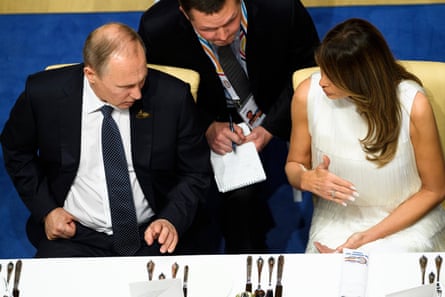
Trump has also credited the first lady’s scepticism with sharpening his partial rethink about Putin. At a meeting with the Nato secretary general, Mark Rutte, on 15 July he said: “I go home. I tell the first lady: ‘I spoke with Vladimir today. We had a wonderful conversation.’ She said: ‘Oh really? Another city was just hit.’”
Later the same day at another White House event, he said: “I’d get home, I’d say: ‘First lady, I had the most wonderful talk with Vladimir. I think we’re finished.’ And then I’ll turn on the television, or she’ll say to me one time: ‘Wow, that’s strange because they just bombed a nursing home.’”
Melania’s observations led him to muse: “I don’t want to say he is an assassin, but he is a tough guy, it’s been proven over the years.”
Asked if the first lady was an influence on his thinking, Trump said: “Melania is very smart. She’s very neutral. She’s very neutral, in a sense she’s sort of like me. She’d like to see people stop dying.”
In saying she is neutral, and wants the killing in Ukraine to stop, Trump may be gently realigning these views with the latest version of his own.
At the time of the Russian invasion of Ukraine on 28 February 2022, Melania ended a long silence on X, sending her prayers to the people of Ukraine and conspicuously not to those of Russia.
In February 2022, when her husband called Putin’s invasion of Ukraine “genius”, Melania tweeted: “It is heartbreaking and horrific to see innocent people suffering. My thoughts and prayers are with the Ukrainian people. Please, if you can, donate to help them @ICRC.”
In that appeal she apportioned no explicit blame for the conflict, and Trump insisted his wife had liked Putin when they had met briefly at a summit in 2017, but it is a stretch to describe Melania as neutral on Ukraine.
The relatively wealthy daughter of a textile worker and a car trader, Melania, with her older sister Ines Knauss, was educated in the communist-run capital of Slovenia, Ljubljana. But Slovenia in the 80s was always seen as the most liberal part of Tito’s Yugoslavia, and the first lady has said she always felt more connected to Austria and Italy than to the communist bloc. If her father was a member of the Communist party, self-advancement not ideology was the motive.
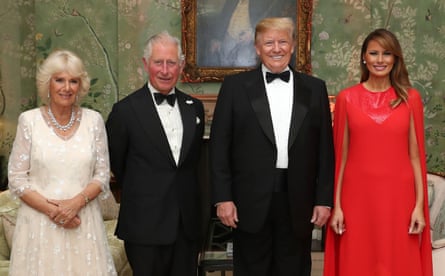
The assessment that Melania is important to Trump’s decision-making is double-edged. It provides faint hope that the humanitarian perspective still holds some sway in the White House. But the theory is also frustrating as it is difficult to know how engaged she is.
It is symptomatic of a wider problem faced by many western countries. With the US state department hollowed out by cuts, and the secretary of state, Marco Rubio, having decamped to the White House in a temporary posting as national security adviser, western diplomacy, traditionally structured around relations with the state department, is struggling to adapt to Trump’s free-wheeling style where power is centred on the president, his instincts and informal conversations, including those with his wife.
Political monitoring teams are being revamped into near 24-hour operations to try to adapt to Trump’s continuous statements, often dropping policy clues into impromptu press conferences, doorsteps and on social media.
It is ironic that it will be the royal family who will test the theory that Melania could become Britain’s secret ally at court.

 German (DE)
German (DE)  English (US)
English (US)  Spanish (ES)
Spanish (ES)  French (FR)
French (FR)  Hindi (IN)
Hindi (IN)  Italian (IT)
Italian (IT)  Russian (RU)
Russian (RU)  3 weeks ago
3 weeks ago

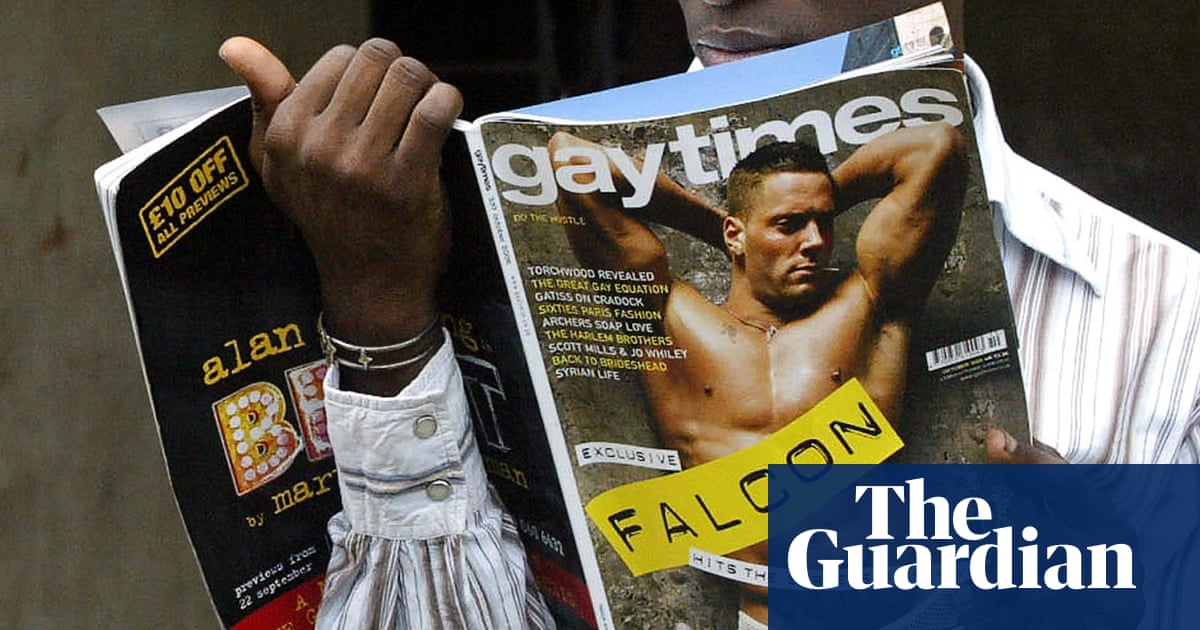











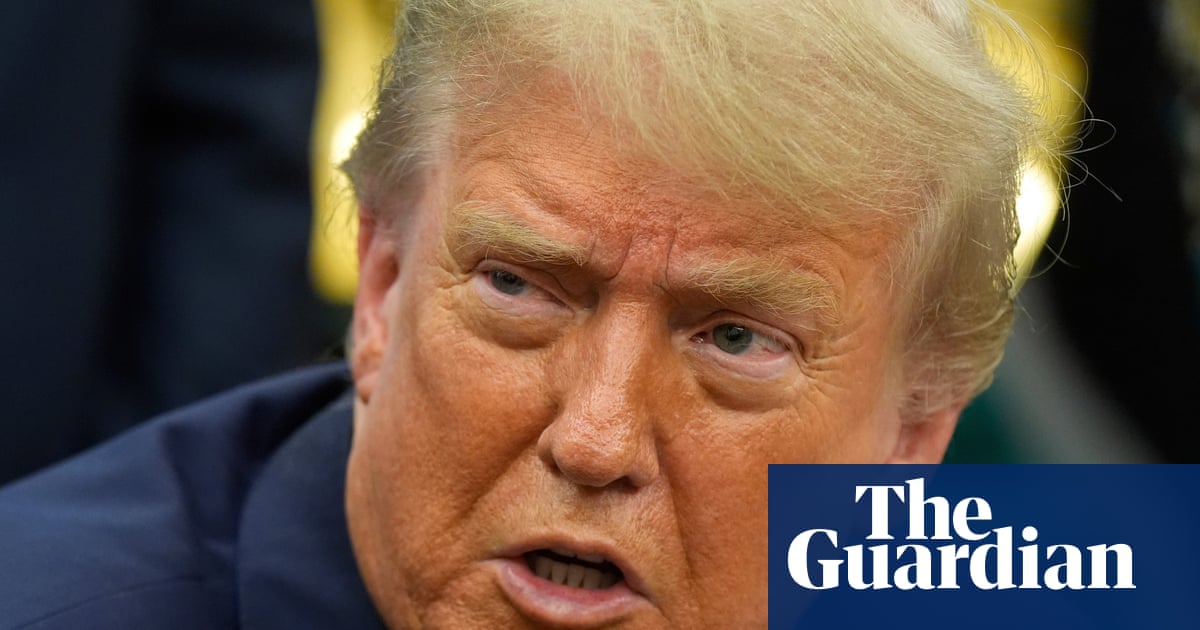
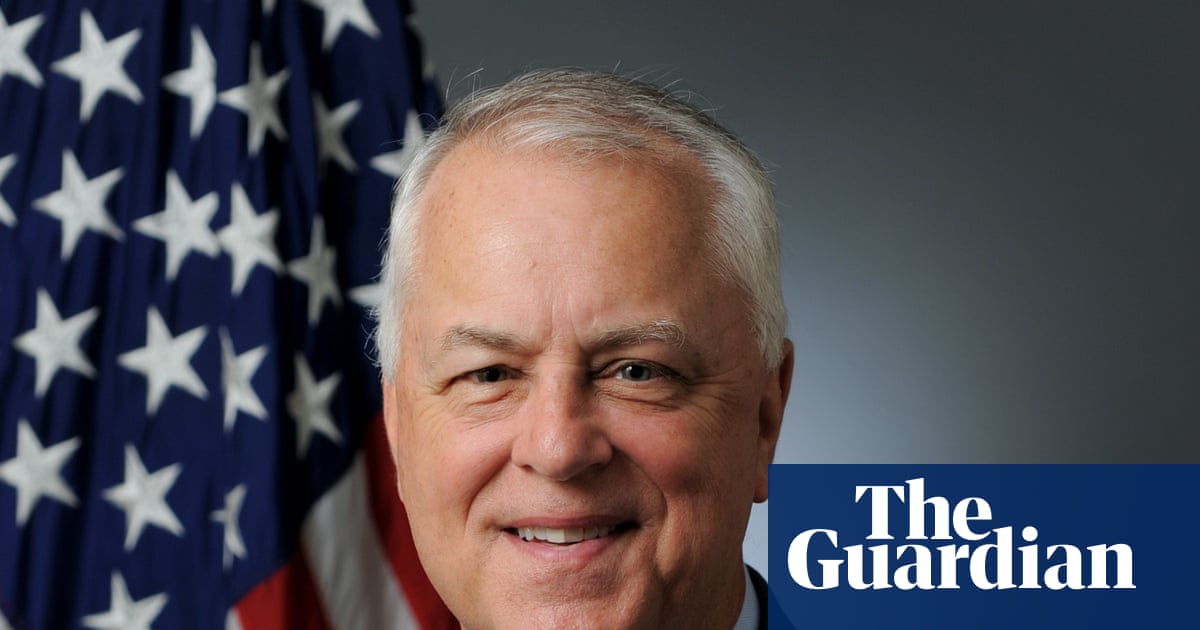

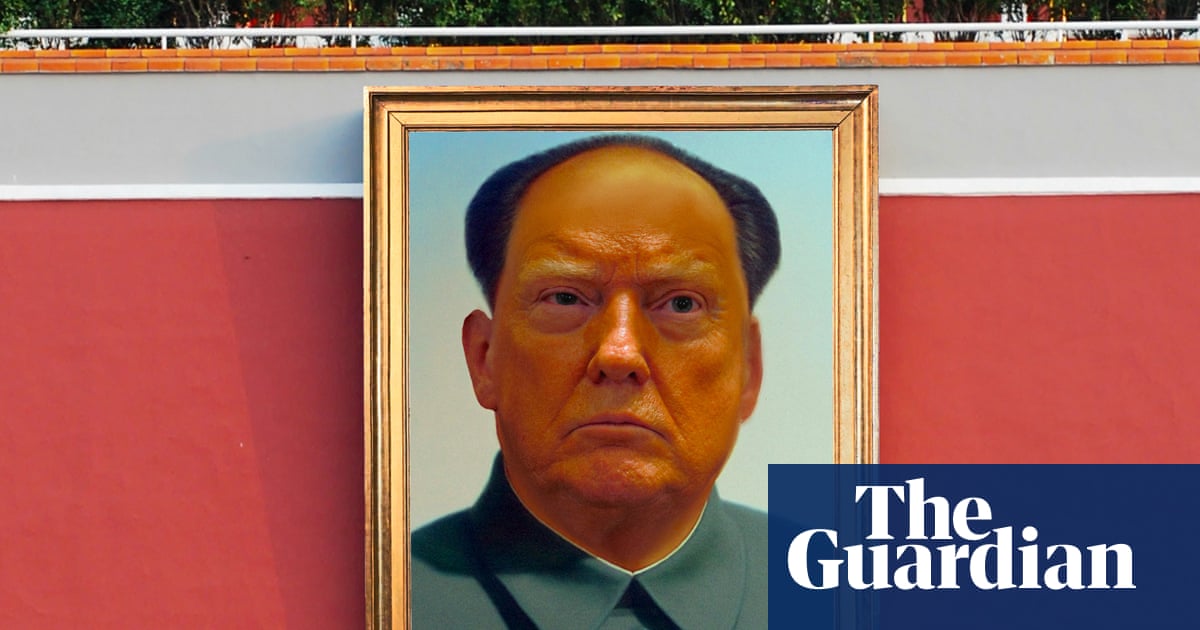







Comments